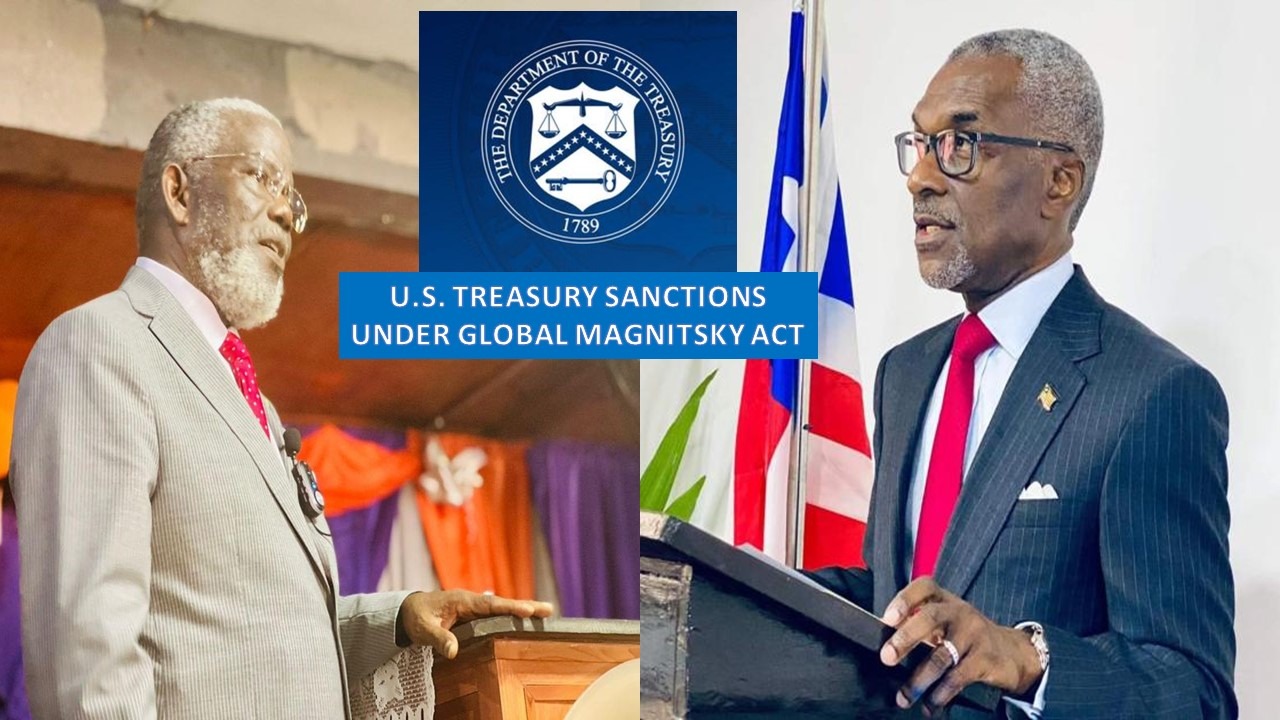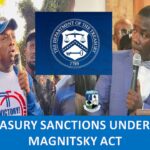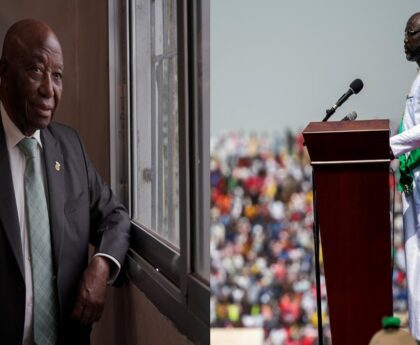In a surprising revelation during his Sunday sermon at Christ Chapel of Faith in Paynesville, Nimba County Senator and preacher Prince Y. Johnson declared that Alexander Cummings, the Political Leader of the Alternative National Congress (ANC), is allegedly cursed and leading a miserable life due to false accusations made against him.
Senator Prince Y. Johnson suggested that Alexander B. Cummings had lied about him to the American government, resulting in the sanctions imposed on him. According to the Liberian clergyman, the challenges in Alexander B. Cummings’ life are a direct consequence of his actions against a man of God. In a stern warning, Senator Prince Y. Johnson asserted that anyone who opposes a servant of God is destined to be cursed.
“Cummings’ life is like that because he lied on me as a man of God; anyone who fights God’s servant will be cursed,” stated Senator Prince Y. Johnson during his sermon.
The revelation adds a layer of complexity to the already intricate political landscape in Liberia, intertwining religious beliefs with political disputes. Prince Y. Johnson’s proclamation serves as a reminder of the potent influence wielded by both political and religious figures in shaping public opinion and narratives.
In addition to addressing the alleged curse on Alexander B. Cummings, Senator Prince Y. Johnson took the opportunity to comment on broader issues of injustice in the country. He emphasized divine retribution for those responsible for the recent murders of innocent individuals, particularly referencing the tragic incident involving the two murdered auditors on Broad Street.
The preacher’s words not only spotlight the interconnectedness of faith and politics in Liberia but also underscore the significant role that religious leaders play in shaping societal perspectives. It remains to be seen how this revelation will impact the political dynamics and public perception surrounding both Senator Prince Y. Johnson and Alexander B. Cummings.
As the nation grapples with these revelations, the intersection of politics, religion, and justice takes center stage, prompting citizens to reflect on the implications of such intertwining forces on the future of Liberia.




